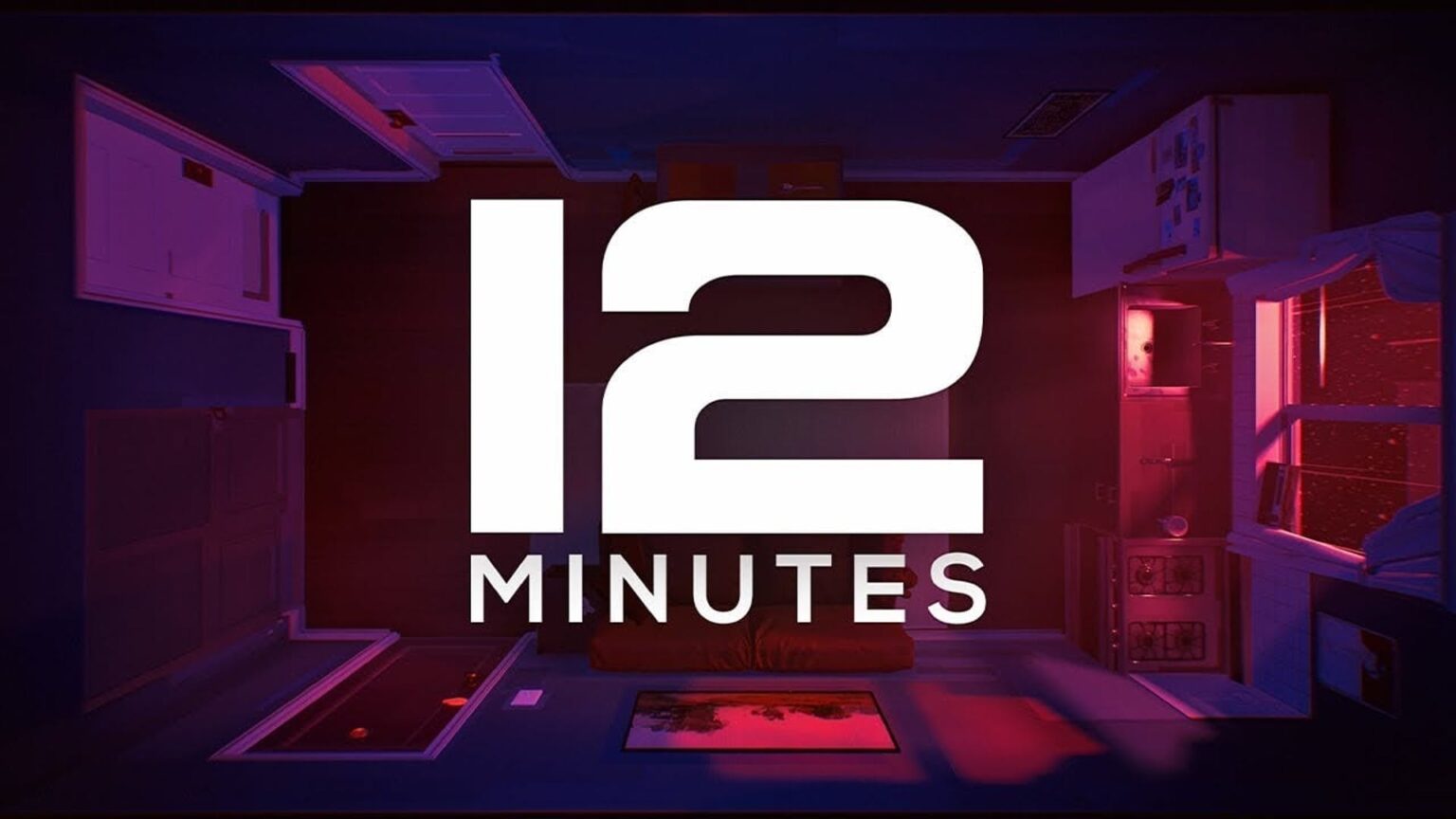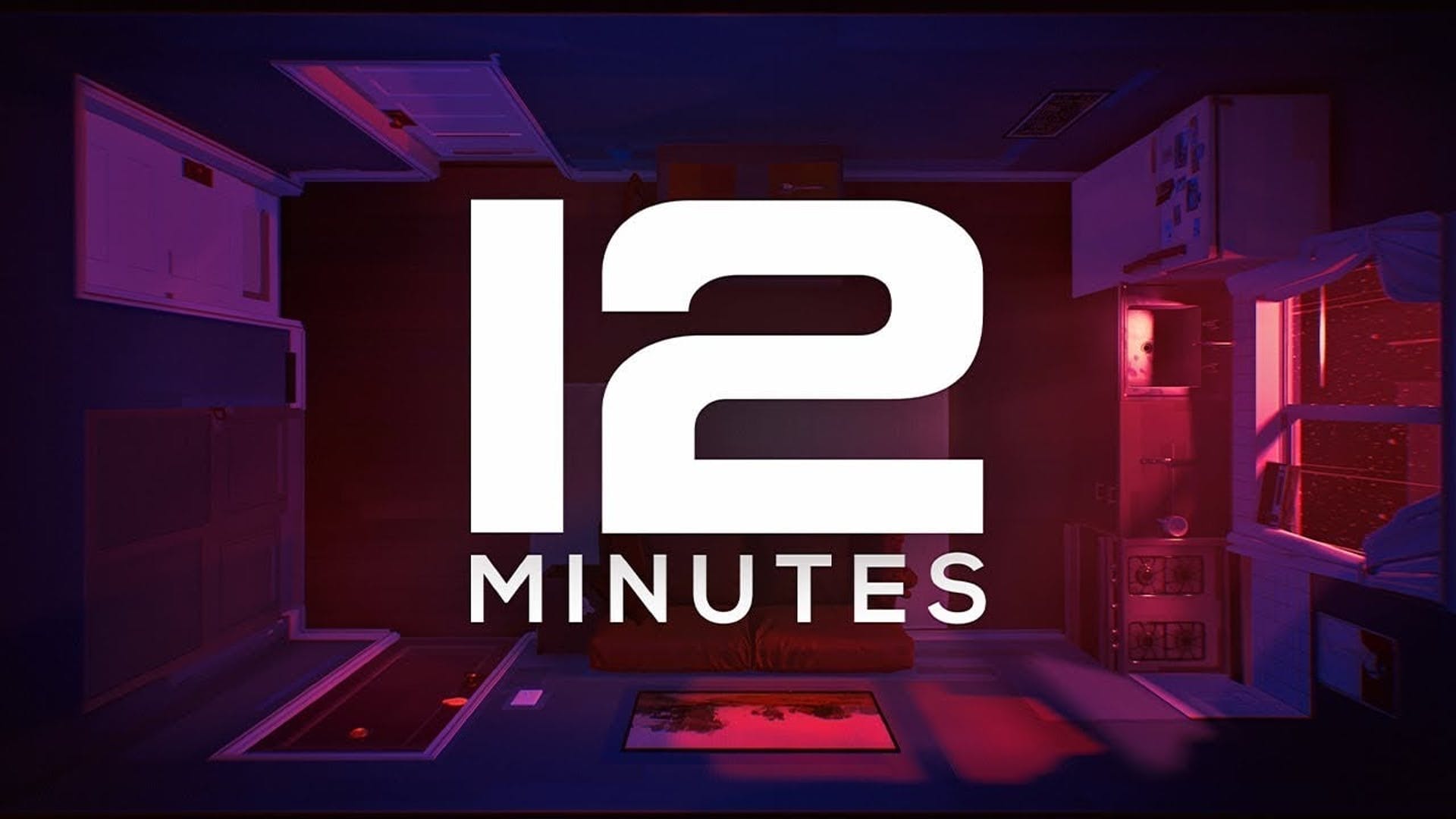The “video games as an artform” discussion has always been a controversial topic. The late Roger Ebert, a renowned film critic, famously dismissed the idea in an essay, calling video games “a loss of those precious hours we have available to make ourselves more cultured, civilized and empathetic.” With all due respect to the ever-talented and thoughtful critic, I would very much like to refute his statement with two words: Twelve Minutes.
Twelve Minutes is a video game that highlights the essence of human nature, for better or for worse. It details the importance of empathy and the dangers of apathy. It is thought-provoking. Heartwarming. Painful. Unorthodox. Surreal. Dangerous. Controversial.
I am willing to bet my life that Twelve Minutes is indeed an art form, in all shapes and sizes. It was not a waste of my time. The time I spent experiencing Twelve Minutes is time I will forever cherish.
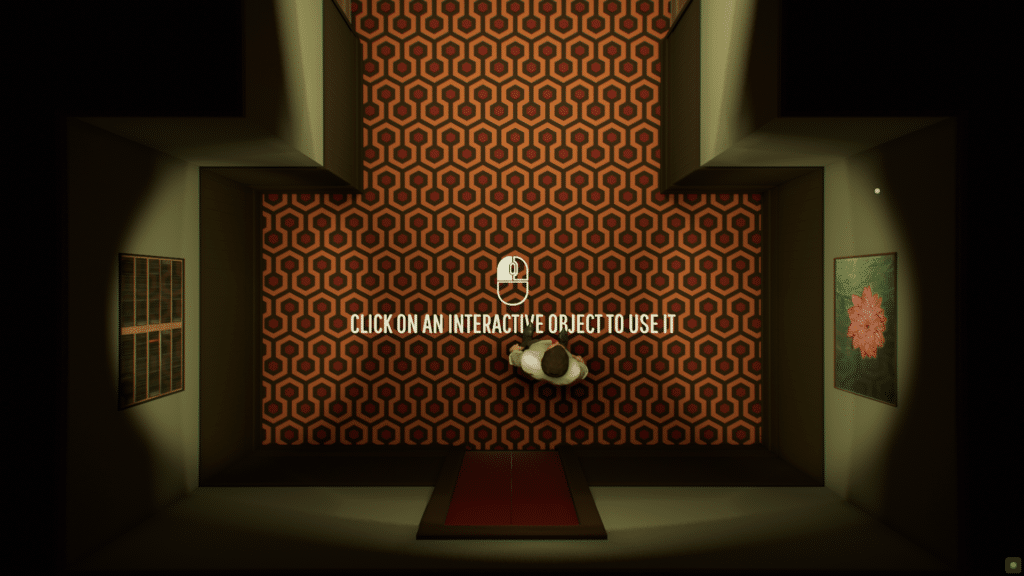
The gameplay of Twelve Minutes is simple enough. It plays like your average point-and-click mystery game. You are placed in the shoes of a man who is stuck in a twelve-minute cycle time loop who is then forced to solve a murder mystery involving his wife and her past. While its gameplay is fundamental, the real strength of the game is the intrigue of its narrative.
More and more video games have pushed the importance of narrative in games to be on par with that of films, and Twelve Minutes certainly helps with that advocacy. This game is heavily inspired by the works of cinematic masters such as Stanley Kubrick, Alfred Hitchcock, and David Fincher, and it shows visually, narratively, and thematically. Although highly interactive and uses a top-down camera perspective, there are a lot of moments where the game feels like a cinematic experience. It is as enjoyable to behold as it is engaging to interact with.
It is an interactive cinematic masterpiece. The story it presents is brave, daunting, horrifying, yet soulful. It dares to challenge society’s perception of the norm, forces you to question actions, motivations, and desires, yet it hooks you just enough that you are unable to stop despite how horrifying it can become.
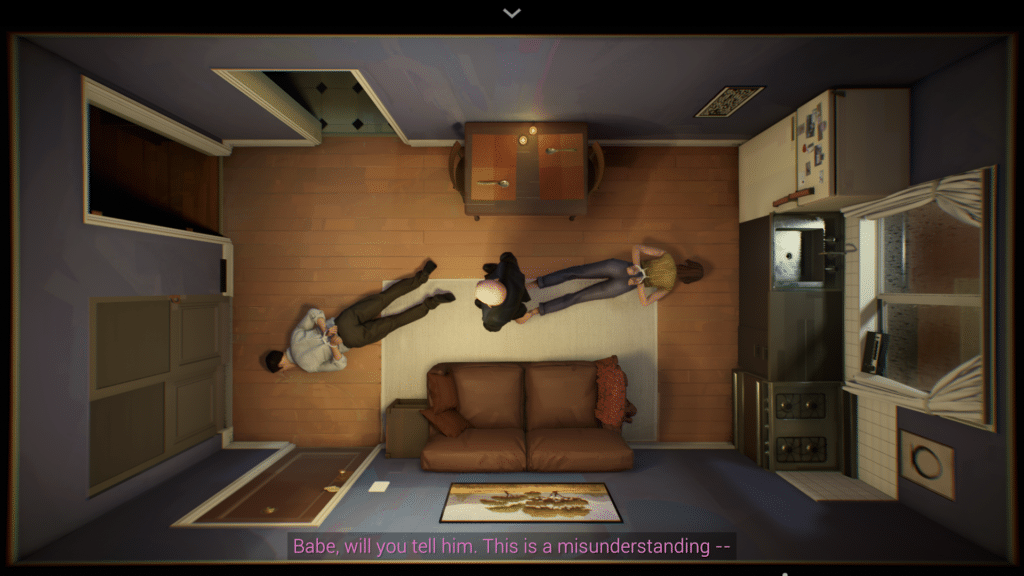
The game is also superbly designed. It paces itself perfectly in a way that it presents just the correct amount of information as you move from one twelve-minute cycle to another. The game only becomes more tantalizing the more mysteries you discover.
Dialogue and reveals are written with intrigue in mind so that you can never receive a piece of information you’re not supposed to just yet. Its reveals need to be earned and the game knows that. Thus, it never accidentally reveals something even if you somehow come across something you’re not supposed to at that point in the game.
The means of uncovering these mysteries are also very creatively placed. Every piece you can interact with within the game serves a purpose, whether to throw you off the scent, pay homage to an inspiration, or drive the narrative forward. The game forces you to think outside the box and be meticulously eagle-eyed if you want to get the answers to some of the questions the game presents.
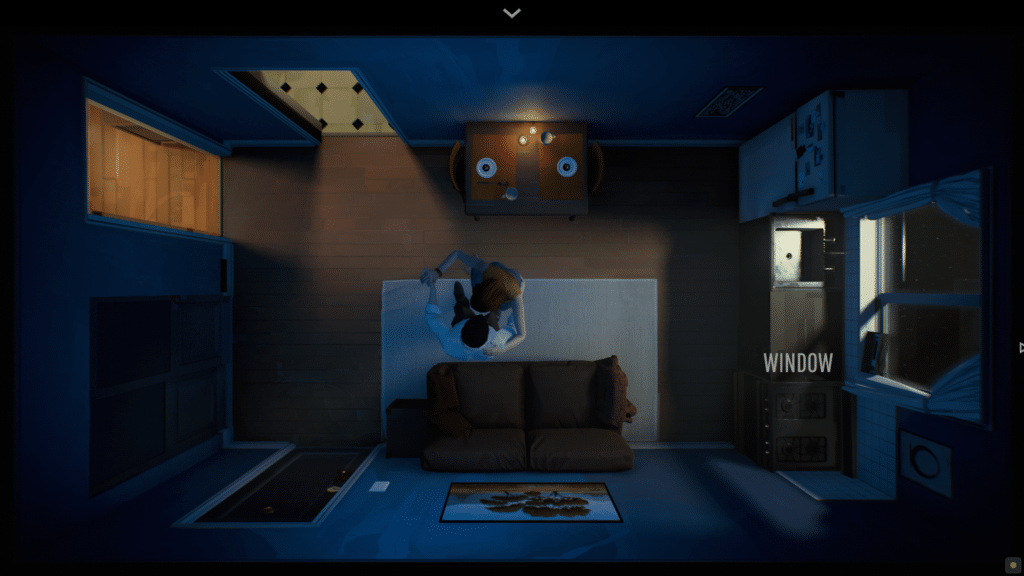
The experience the game presents to its players is heightened by the magnificent performance of the three voice actors who lent their voices to the main characters: Daisy Ridley, James McAvoy, and Willem Dafoe. All three actors did a stellar job at breathing life into these characters, giving them personalities, emotions, and authenticity.
You can feel what they feel because of how believable they portray their emotions, regardless of whether it’s love or discomfort. As three A-list actors, there is never a moment where I’m taken out of the immersion. When they speak as their characters, they become their characters.
As a video game reviewer, I am beholden to talk about a game’s positives and negatives. With that said, it is my subjective opinion that the game has no overwhelmingly negative trait, save for a couple of minor bugs and glitches a few patches won’t be able to iron out. Certain actions will cause the characters to behave oddly, but it does not break the game in any way, nor does it linger on too long to elicit a negative reaction.
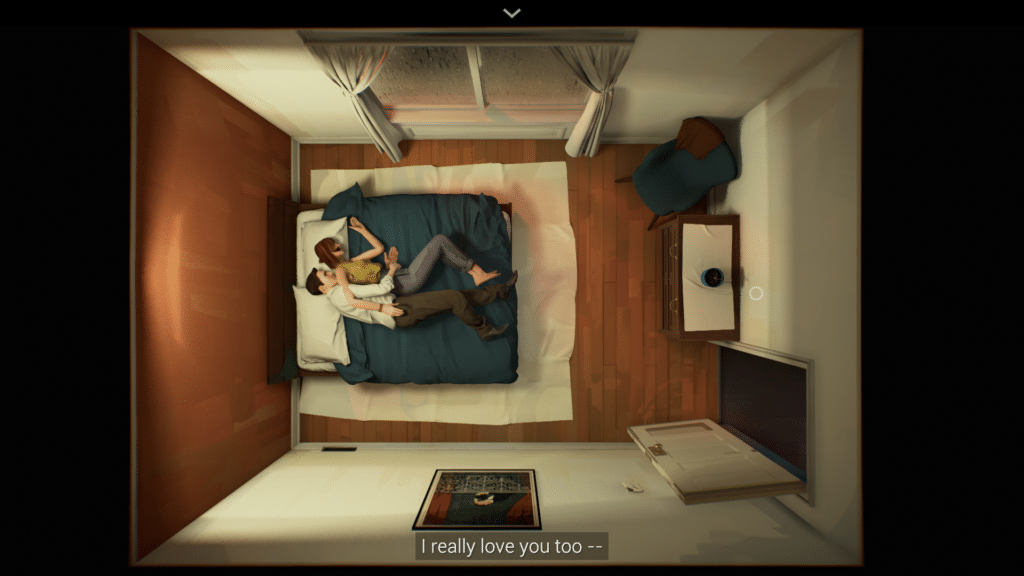
This game demands your patience and undivided attention. In return, it will reward you with an intriguing story showered in mystery, suspense, heart, and passion. To bring up a passage from Roger Ebert’s essay once again, “No video gamer now living will survive long enough to experience the medium as an art form.” That essay was published 11 years ago. I’ve played a lot of video games since then I can argue are pieces of art. I experienced art form when I played Journey, Abzu, Red Dead Redemption 2, Shadow of the Colossus, among so many others. This year, I experienced art when I played Twelve Minutes.



